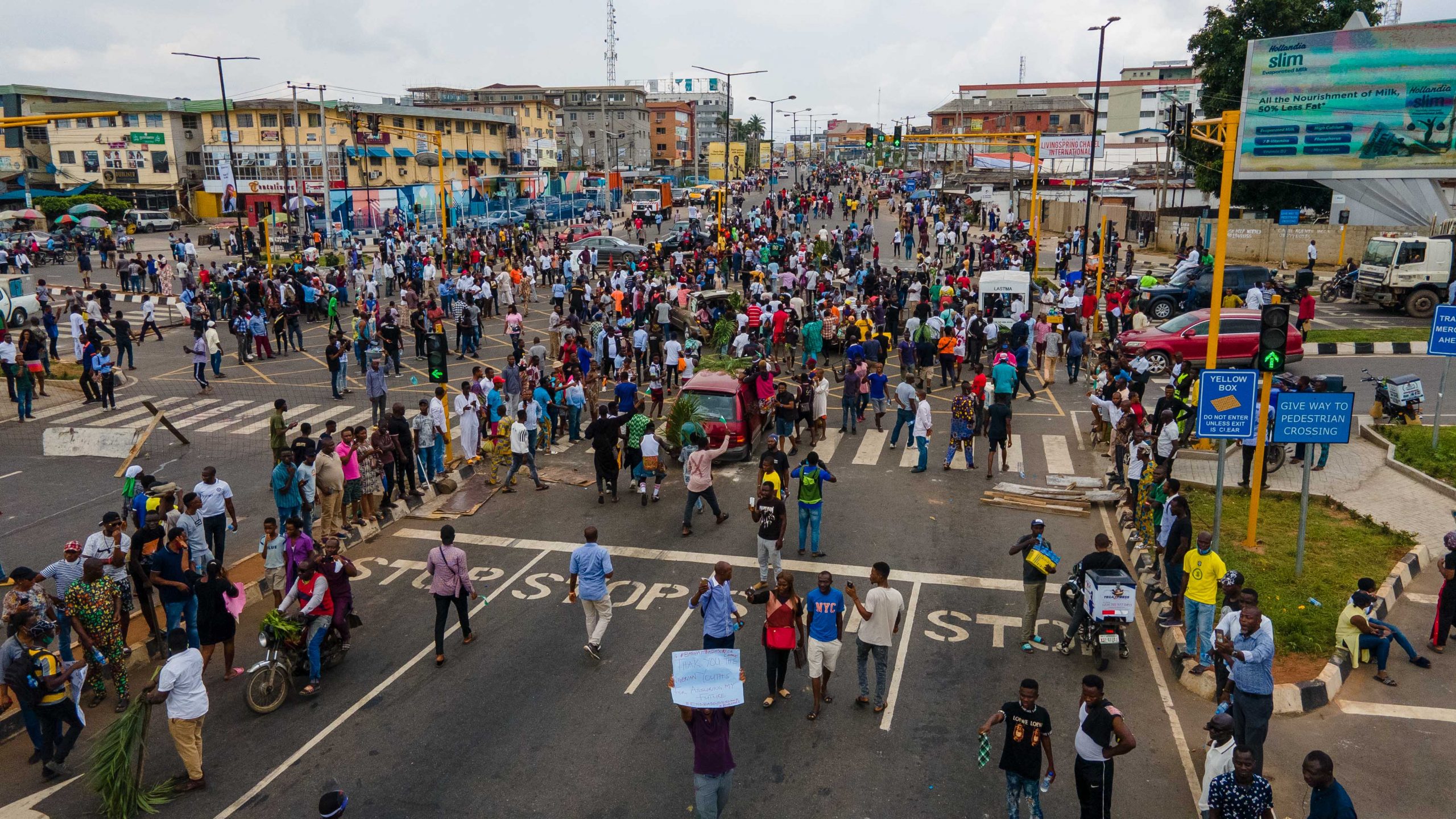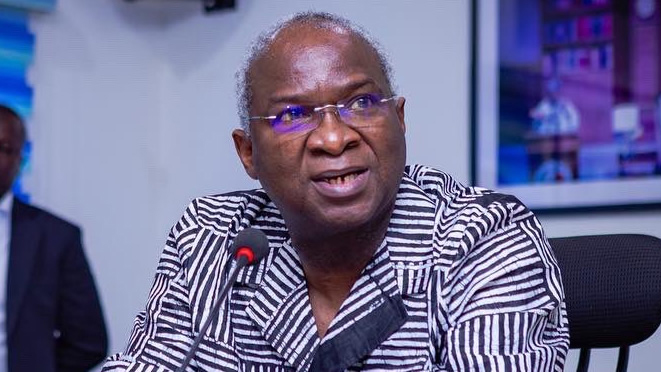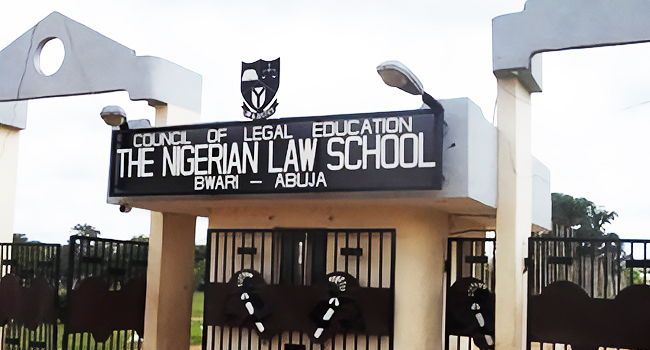
The EndSARS protests were a watershed moment in Nigerian history. They were a powerful expression of the Nigerian people’s demand for justice and an end to police brutality.
The federal government’s response to the protests was deeply disappointing. The government failed to see the protests as a legitimate expression of public grievances. Instead, it saw them as a threat to its authority.
The government’s response was also marked by a lack of service and responsibility. The government did not serve the people by listening to their demands and taking action to address them. Instead, it cracked down on the protesters, resulting in the deaths of dozens of people.
The EndSARS protests offer a number of leadership lessons for the Nigerian government and government agencies.
Leadership as an Art of Service
One of the key lessons of the EndSARS protests is that leadership is an art of service. Leaders are not there to serve themselves or their own interests. They are there to serve the people.
The Nigerian government failed to understand this fundamental lesson. It saw the EndSARS protests as a threat to its authority, rather than as an opportunity to serve the people.
The government’s response to the protests was marked by a lack of empathy and compassion. It failed to understand the pain and suffering that the Nigerian people were experiencing.
The government could have learned a lot from the protesters themselves. The protesters were motivated by a desire to make Nigeria a better place. They were willing to risk their lives to fight for justice.
The government needs to learn to see leadership as an art of service. It needs to put the needs of the people first.
Leadership and Responsibility
Another key lesson of the EndSARS protests is that leadership is about taking responsibility. Leaders are responsible for the actions of their subordinates. They are also responsible for the well-being of the people they lead.
The Nigerian government failed to take responsibility for the actions of the police. The police cracked down on the protesters with impunity. The government did not hold them accountable for their actions.
The government also failed to take responsibility for the well-being of the Nigerian people. They did not take steps to address the root causes of police brutality, such as poverty and corruption.
The federal government needs to learn to take responsibility for its actions and for the well-being of the Nigerian people.
How the Government Can Apply These Lessons
The Nigerian government can apply the lessons of the EndSARS protests by:
Putting the needs of the people first. The government needs to make decisions that are in the best interests of the Nigerian people, even if those decisions are unpopular.
Listening to the people.
The government needs to create channels for citizens to express their grievances and to participate in the decision-making process.
Holding government officials accountable. The government needs to hold government officials accountable for their actions, especially when they violate the rights of citizens.
Addressing the root causes of social problems. The government needs to address the root causes of social problems, such as poverty and corruption.
The EndSARS protests were a powerful reminder that the Nigerian people are demanding change. The government needs to listen to the people and take action to address their demands.
The government also needs to learn the lessons of leadership from the EndSARS protests. The government needs to see leadership as an art of service and take responsibility for its actions and for the well-being of the Nigerian people.
As a Nigerian citizen, I am deeply concerned about the way that the government responded to the EndSARS protests. The government’s response showed a lack of leadership, service, and responsibility.
I am calling on the federal government to learn from the lessons of the EndSARS protests. The government needs to put the needs of the people first, listen to the people, hold government officials accountable, and address the root causes of social problems.
I believe that if the Nigerian government takes these steps, it can create a better future for all Nigerians.
Dipo Adeda-Osinloye is an accomplished business and leadership expert. He is also a risk and project management consultant, rendering his services to both public and private sectors in Nigeria, South Africa, and other parts of the continent.






